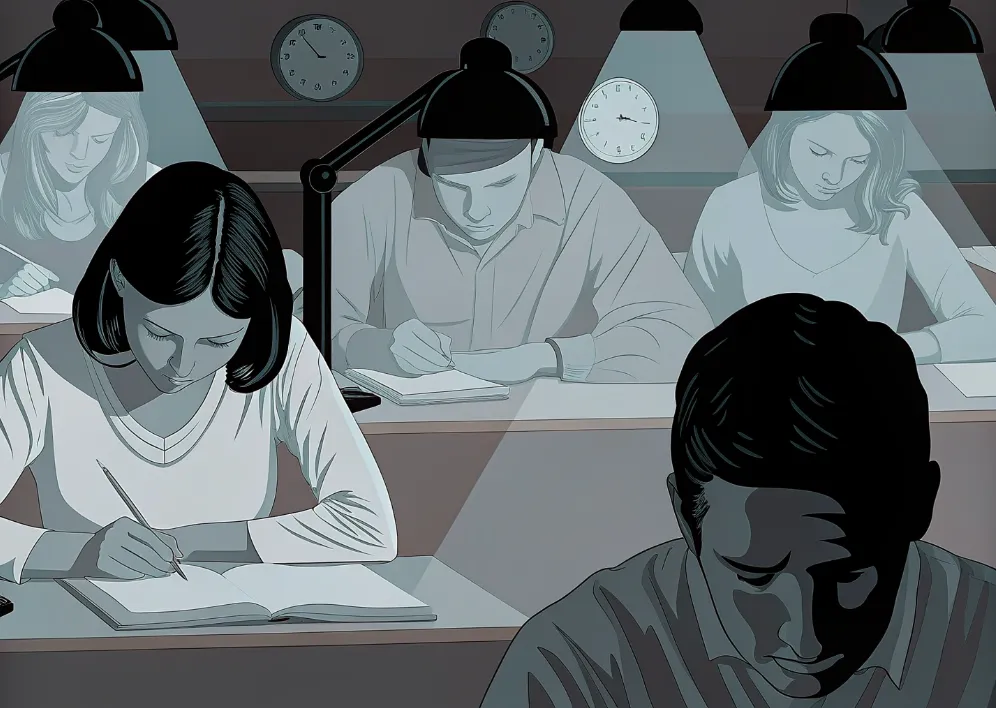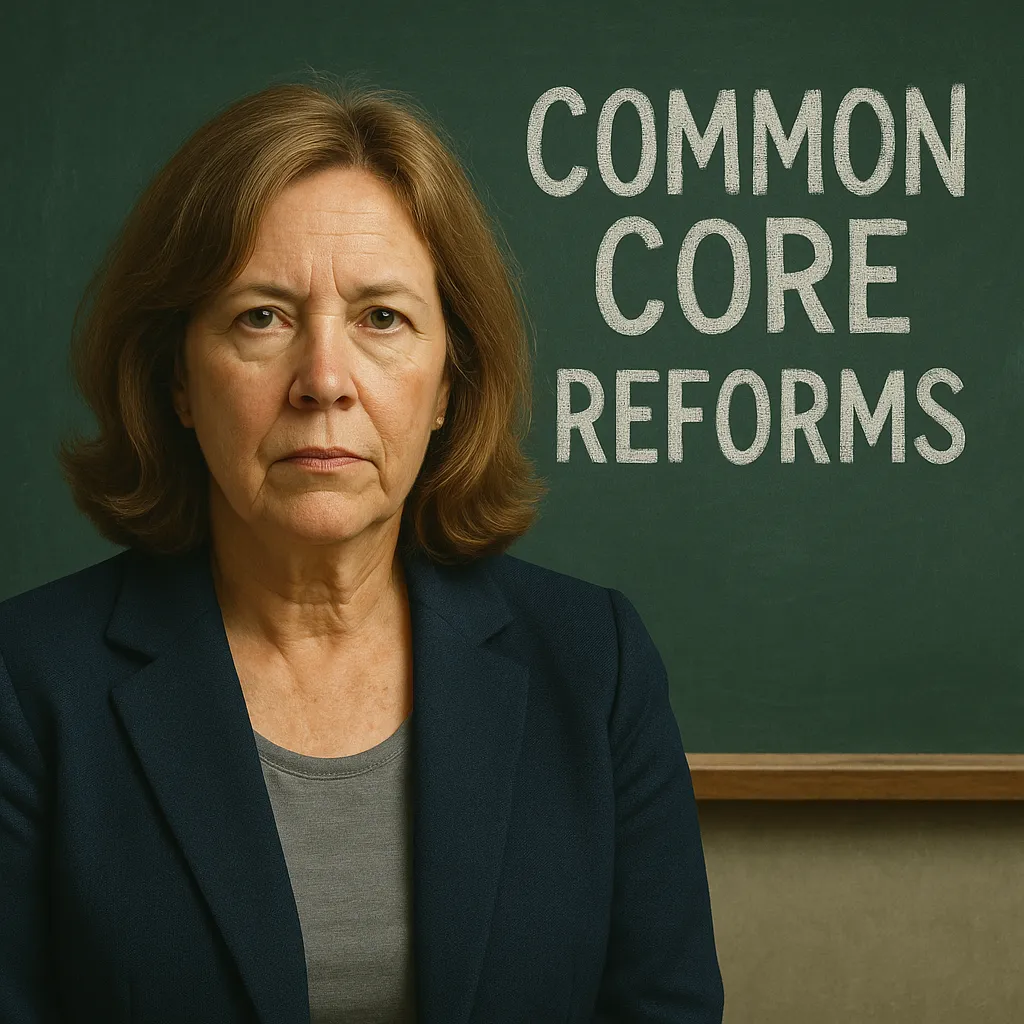Across New York, growing numbers of educators, parents, and advocates are calling for an end to high-stakes testing in public schools. While most support rigorous academic standards and strong instruction, the state’s current approach to testing is widely seen as harmful, inefficient, and counterproductive.
The emphasis on test-based accountability has created a learning environment where test scores—not student growth, creativity, or well-being—have become the ultimate measure of success. Critics argue that it’s time for lawmakers and education leaders to rethink how assessments are used and what they’re actually accomplishing.
The Harmful Effects of Test-Driven Education
One of the most common concerns is how high-stakes testing reduces classroom quality. When educators are pressured to raise test scores, lessons often shift toward rote memorization and test-taking strategies rather than deep understanding and meaningful exploration. Subjects like art, music, science, and physical education are frequently cut or narrowed to make room for test prep.
This “teach to the test” culture limits the opportunities students have for creativity, inquiry, and engagement—especially in lower-income districts where test results are tied to funding and evaluations.
Parents and mental health professionals also point to the unhealthy emotional pressure students face under the current system. Children as young as eight years old are being told whether they are on track for “college readiness,” a concept many argue is inappropriate and even harmful at such a young age.
Instead of fostering a love of learning, high-stakes testing fosters anxiety, fear of failure, and low self-esteem. Students begin to associate education with judgment rather than discovery.
Misuse of Testing Data Undermines Trust
Another key issue is the misapplication of test results. While tests can be valuable diagnostic tools, current policies use scores for decisions they were never designed to support—such as closing schools, retaining students, or rating teachers. This misuse not only distorts the purpose of education but also erodes public trust in the system.
In many cases, parents and teachers are not even given access to the full results or the actual test content, limiting their ability to use data for improving instruction.
There is also growing concern about how student performance data is handled. Advocates argue that test results belong to students and families, not testing companies or third-party databases. Sharing this information with national or commercial entities without consent is a serious breach of privacy.
A Better Vision for New York’s Classrooms
Reformers are not opposed to accountability or academic excellence. They support thoughtfully designed assessmentsthat are developmentally appropriate, transparent, and used only to support teaching and learning. Tests should be one tool among many—not the sole measure of educational success.
Schools should be places where students feel supported, safe, and inspired, not anxious or defeated. A child’s self-worth should never be tied to a test score. And no student should be made to feel like a failure by a system that fails to recognize the full spectrum of their abilities.
A Path Forward: Respect, Reform, and Responsibility
Ending the dominance of high-stakes testing will require bold action from lawmakers, particularly the Governor and State Legislature. By removing the pressure of test-based consequences, New York can create a more humane, effective, and equitable public education system—one that serves students, not politics or profit.



